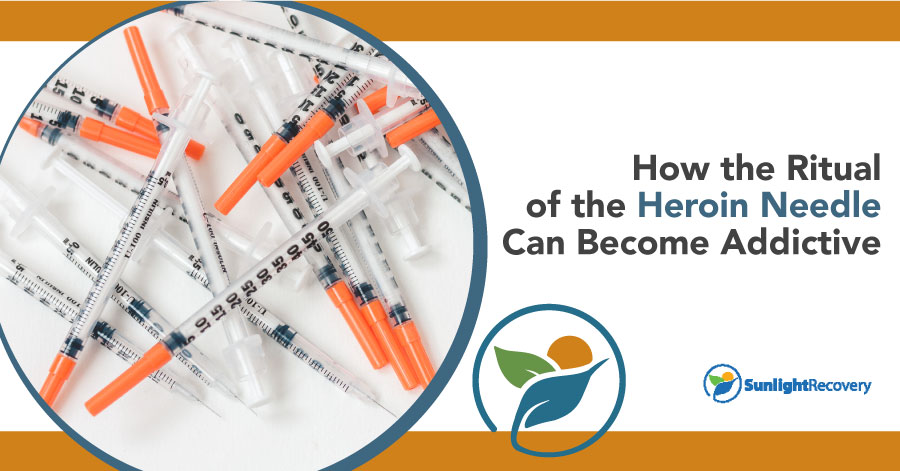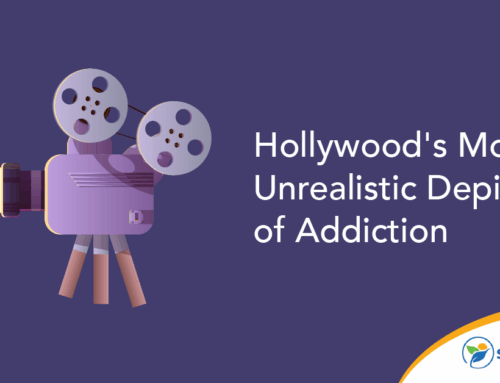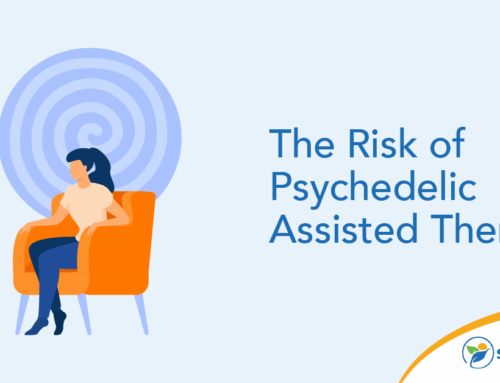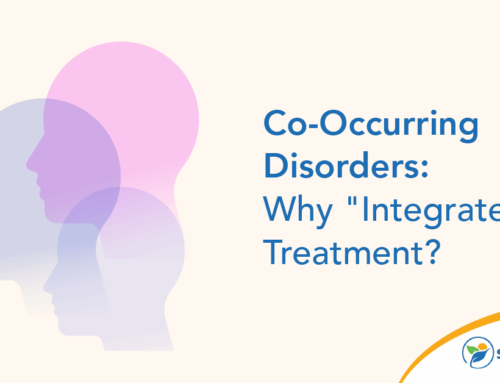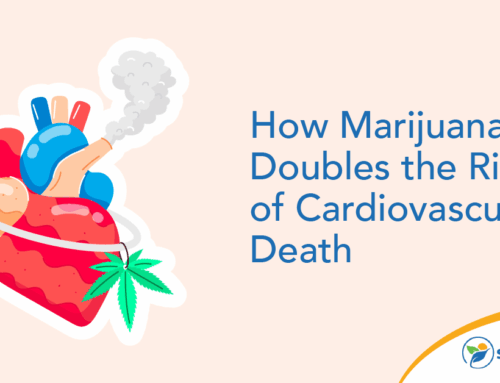Heroin addiction is one of the most notorious substance abuse problems we hear about in mainstream media. In movies, people addicted to heroin are depicted as being totally out of control and unable to think past the narrow reality of their physical cravings. Heroin and opiate addiction is a pervasive worldwide problem that causes a substantial number of needless deaths each year.
From the heroin needle to the rush to the uncomfortable comedown, it traps users in a prison of perpetual pain and pleasure. If you’ve never injected heroin but find yourself wondering “What do opiates feel like?” do yourself a favor and ignore that inner curiosity.
As represented by statistics, heroin is a widespread problem that destroys lives, with addiction being more common in men. Opiate and opioid overdoses are increasing, despite heroin use decreasing. Heroin users are also at high risk for suicide.
Like most addictions, heroin addiction is not purely a need for the chemical itself — people can be addicted to the ritual, too. Chasing the dragon can be as much about the ritual of the heroin needle as it is about the subsequent high. Being aware of how the act of injecting heroin can contribute to the overall addiction might offer insight into how to quit.
The Ritual of the Heroin Needle
Counter to normal intuition, being attracted to the heroin needle itself is extremely common. One qualitative study investigated the paradoxical nature of this attraction and found that despite initially fearing the needle, users grew to find it a meaningful part of the injecting heroin ritual. This leads to the devaluation of other methods of consumption and at least partially explains why injecting is the most popular method of use.
A Pavlovian Explanation
Classical or “Pavlovian” conditioning can explain how people can become “hooked on the needle.” Ivan Pavlov was a psychological researcher known for his groundbreaking experiments on dogs. He famously discovered that dogs salivate at the mere sight of food and wondered why this might be. He discovered that their physiology was responding to an expected reward. This brought major insight into how the brain anticipates reward by associated cues.
His well-known “bell experiment” involved ringing a bell before feeding his experimental dogs. Soon, the dogs started to respond to the mere sound of the bell, salivating and anticipating the food they’d learned to associate with the sound of the bell. Classical conditioning explains why heroin users feel attracted to the needle itself: Their brain has learned to associate the needle with the high that follows and thus feel positively towards it.
What Is Process Addiction?
Process addiction, also known as behavioral addiction, is defined as a strong desire to participate in a certain action despite the negative consequences. The individual experiences an elevated mood while engaging in the action. This is often followed by a feeling of shame or guilt or a sense of wrongness.
Shopping, gambling, sexual hyperactivity, pornography, eating disorders, internet usage, exercise and overworking are all examples of process addictions.
While heroin addiction is most characterized by its intense physical or chemical addiction, that doesn’t mean process addiction can’t partially explain or contribute to the addiction. After all, many people relapse long after their immediate physical addiction has been extinguished. Understanding how the addiction to the ritual or process contributes to relapse can offer valuable insight into how to prevent it.
Breaking Free From the Behavioral Rut
Humans are creatures of habit, and while this can be extremely positive and grounding, it also has the potential to be maladaptive. When our habits are unhealthy, risky or otherwise damaging, our habit-forming tendencies work against us. This is most obvious in drug and alcohol addiction but is also present in non-substance addictions like stealing, watching porn or excessive gaming.
Breaking behavioral addictions can be extremely difficult, and they’re often not taken as seriously as chemical addictions. This can lead to them being overlooked as a contributing factor to relapse.
At Sunlight Recovery, we understand that simply kicking the physical addiction isn’t enough to sustain successful recovery. That’s why our outpatient programs involve the cognitive therapy you’ll need to stay off heroin.
Using the Power of Rituals to Stay Sober
To stay sober, understanding the power of rituals can be helpful for overcoming cravings and creating healthier habits. Being strategic about replacing the ritual of using heroin with something healthy such as meditating or going for a run, can be helpful to recovery success. The more we do something, the more habitual or automatic it becomes.
While going for a run or eating a piece of fruit when cravings arise might initially feel awkward or unnatural, the more you do it, the more normal it will feel.
With the assistance of outpatient cognitive behavioral therapy (CBT), you’ll be able to identify and counteract the maladaptive thoughts and cognitive processes. By replacing them with something more positive, you’ll be en route to a healthier, more fulfilling life.
Saying Goodbye to the Heroin Needle
Being addicted to heroin is often more complex than simply being addicted to the high. Research shows that people addicted to heroin are highly attracted to the heroin needle and the ritual of using it. To effectively overcome heroin addiction, understanding both the behavioral and physical aspects is paramount to success.
Human beings are creatures of habit, and the more we understand and utilize this fact to our advantage, the healthier our lives can be. Fostering rituals that help us instead of hurt us is an ideal and reachable goal for everyone to strive towards.
Sunlight Recovery offers an innovative treatment program for heroin addiction that combines traditional methods with cutting-edge technology to give patients the best chance at recovery. The program uses a combination of behavioral therapy and medical treatment to help patients effectively overcome their addiction. We are confident that Sunlight Recovery can help you or your loved one overcome heroin addiction and live a healthy, productive life.
Contact us today at (888) 402-3647 to learn more about how we can help you take the first step towards recovery.


